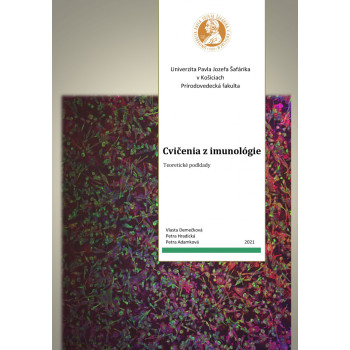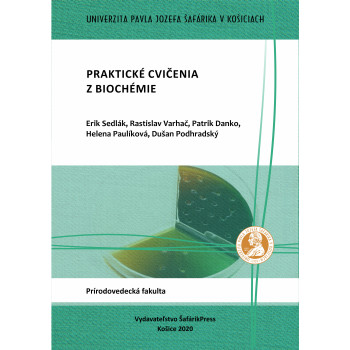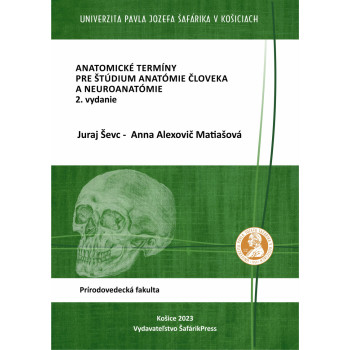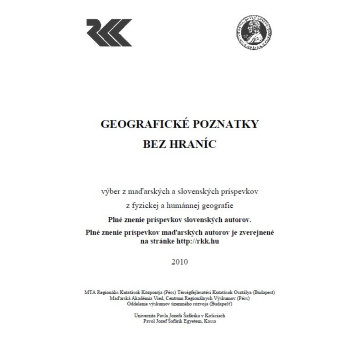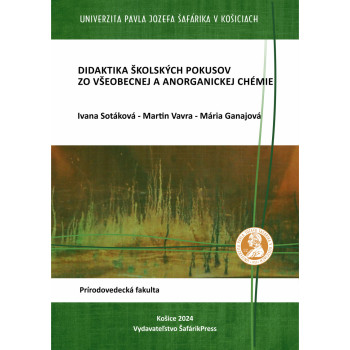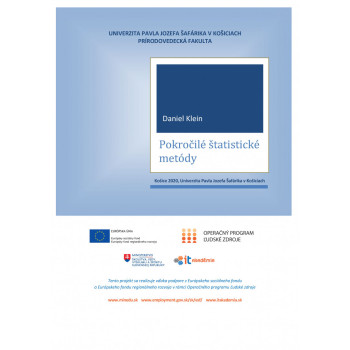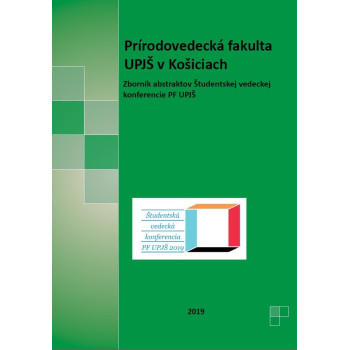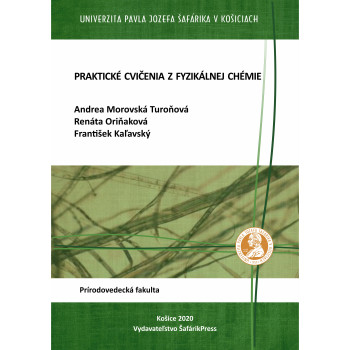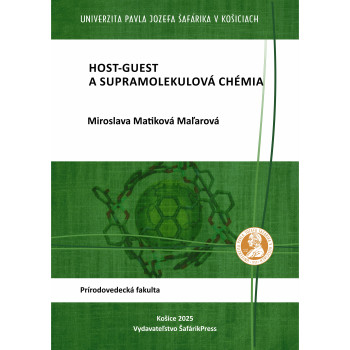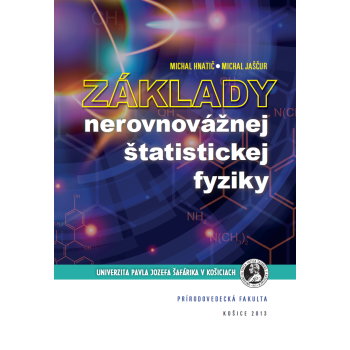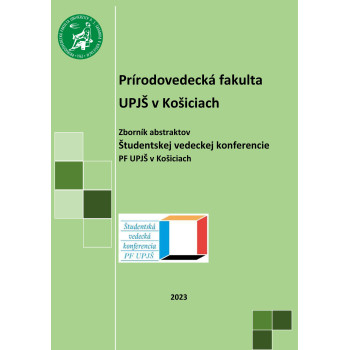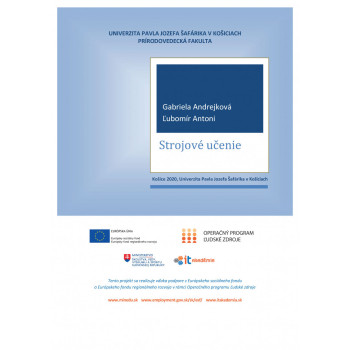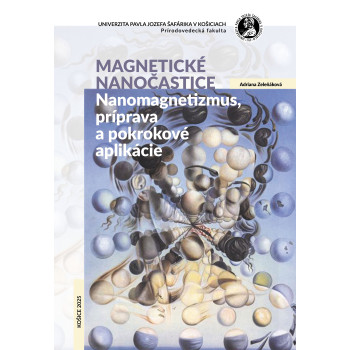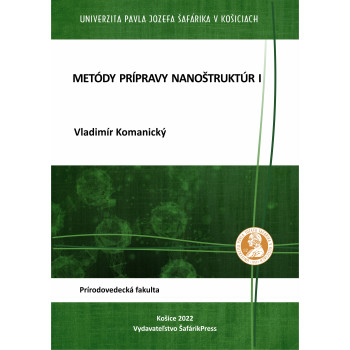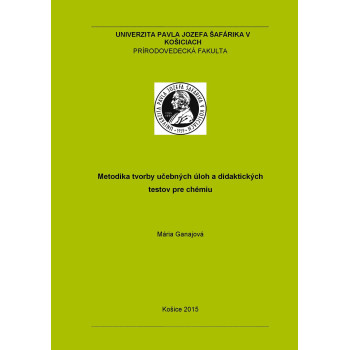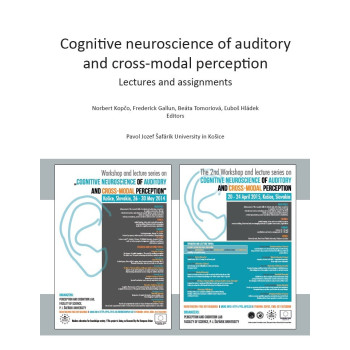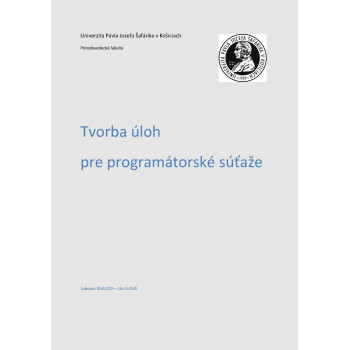
Cvičenia z imunológie
E-book
Vlasta Demečková - Petra Hradická - Petra Adamková
The learning material for the course Practice in Immunology is based on several years of experience with teaching this subject, but mainly to provide students from the Biology Department at the Faculty of Natural Sciences, UPJŠ in Košice with sufficient theoretical background for practical exercises. It also serves as a scientific diary for detailed recording of all experimental data necessary for preparing laboratory protocols from individual exercises.
In studying biology, it is essential that students thoroughly understand not only the basics of each discipline but also acquire practical skills, including designing scientific experiments, selecting appropriate analytical/investigative techniques up to interpreting and presenting experimental data. The goal of this new publication is therefore to provide master's students with a practical study guide that supports and expands their knowledge about basic immunology principles.
Download e-book for free (pdf)



